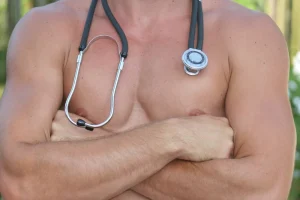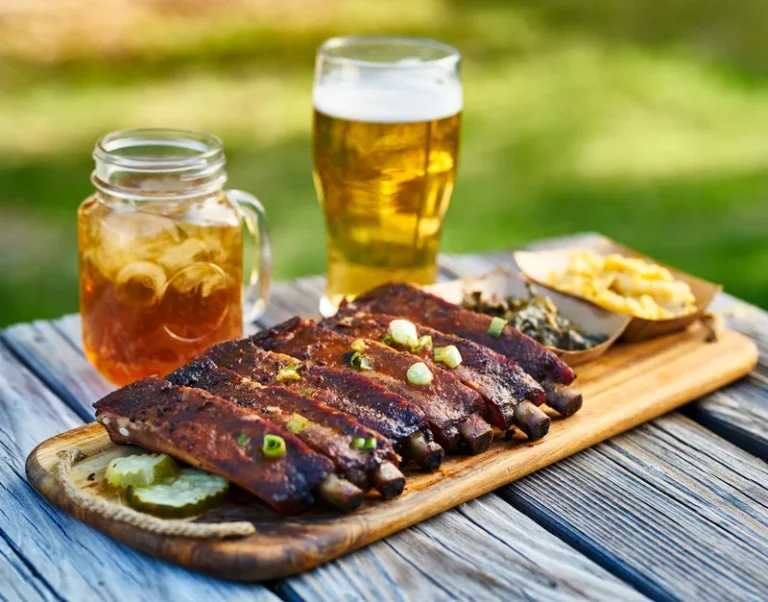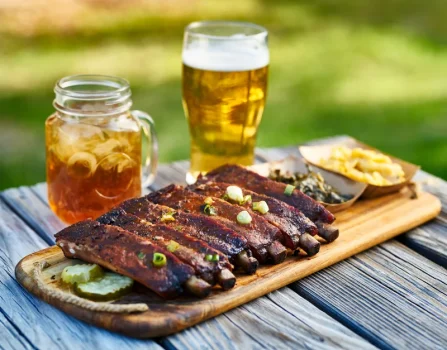
“Alcohol can trigger the release of histamine from mast cells which can increase the chance of hives or exacerbate hives,” Garshick says. “This process creates advanced glycation end products, which cause the collagen to become rigid and the skin to appear less supple,” she adds. So if you pair your alcohol of choice with a sugar-packed how alcohol affects your skin mixer, this effect will be even more substantial. Seborrhoeic dermatitis has been observed to be more frequent in heavy drinkers. And for those who aren’t interested in giving up drinking entirely, a few simple steps can help protect your complexion.
Liver

While you can’t take back consuming alcohol after the fact, there are steps you can take to nurse your skin back to health and speed up the post-drinking revival. We did a full breakdown of hangover skin care here, but we’ll summarize the need-to-know steps below. Ever wondered why you can’t clock a perfect night of sleep post-drinking? You may feel like you’ve been knocked out for a few hours, but oftentimes the quality of your sleep is compromised. Urticaria (hives) may occur within minutes to hours of drinking alcohol and is sometimes due to allergic reaction. Flushing and overheating after drinking alcohol may also indicate cholinergic urticaria.
Skin Cancer
As you detox from alcohol, get lots of rest, drink plenty of water, and eat a solid diet. Use gentle skincare products as your face gets used to your new routine. Talk to your doctor or dermatologist about existing skin conditions.
Conditions
Even tiny amounts of alcohol may induce urticaria in people who have had a severe reaction previously, although allergy testing is often negative. Alcohol induces vasodilation and facial flushing in people who have rosacea. However, alcohol is not the cause of the skin disease in most people. Nutritional deficiency can develop when alcohol replaces normal food in the diet and the digestive tract and liver do not digest and process food https://ecosoberhouse.com/article/am-i-an-alcoholic-do-i-have-a-drinking-problem/ the way they should resulting in malabsorption.
- Dr. Sengupta shares some of the not-so-obvious effects that alcohol has on your body.
- While you may experience euphoria or relaxation at first, in the long run, alcohol affects neurotransmitters, which can lead to changes in your thoughts, moods, and behavior.
- While treating AUD and quitting alcohol should help many skin conditions clear, a person may need to continue treating other underlying conditions, such as liver disease.
- The result is telangiectasias, or permanent spider veins, in the face, neck, and chest.
- This is also thought to be due to oestrogen, as it sometimes observed during normal pregnancy.
Alcohol Destroys Your Skin—Here’s How to Offset the Effects
To fight them, your body uses antioxidants such as vitamin A, which decreases your overall levels of those antioxidants. Chronic alcohol use limits your skin’s ability to repair itself and depletes collagen and elastin, two key proteins that give skin firmness and elasticity. With lower levels, your skin is more prone to sagging and wrinkling, aging your appearance.
- A person should speak with a doctor, close friend, therapist, or local support group to find ways to help give up alcohol.
- It may make it harder for some to do their job, and it could be dangerous when mixed with others.
- However, prolonged alcohol use can cause other complications that affect the skin, such as liver disease.
- Salicylic Acid is a BHA (Beta Hydroxy Acid) which controls sebum production and helps prevent breakouts.
- Even drinking a little too much (binge drinking) on occasion can set off a chain reaction that affects your well-being.
- Although the classic ‘drinker’s nose’ (rhinophyma) was thought to be related to excess alcohol consumption, it has never been proven.

Limiting the amount of alcohol you drink, and having plenty of water or soft drinks between alcoholic drinks can help avoid dehydration – which is also the main cause of a hangover. There are several dermatologic conditions that can be aggravated by the consumption of alcohol including rosacea and psoriasis. Drinking alcohol can cause symptom flare-ups making these chronic diseases more difficult to treat. Minimizing your consumption of alcohol should be part of your regime for managing any pre-existing skin condition.

Leave a Reply
You must be logged in to post a comment.